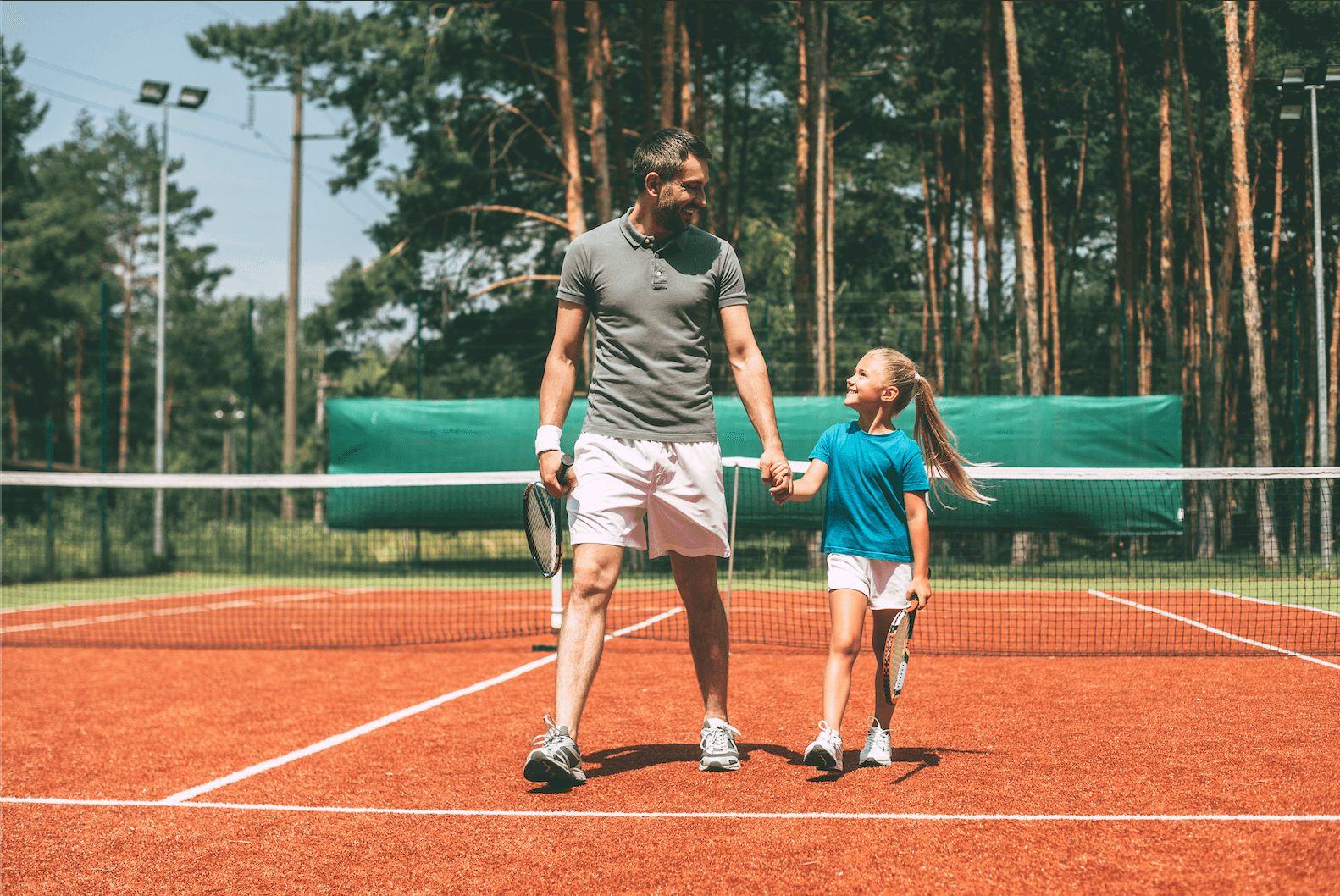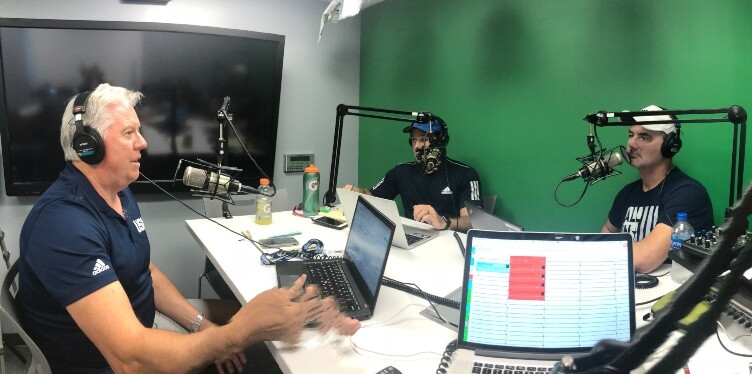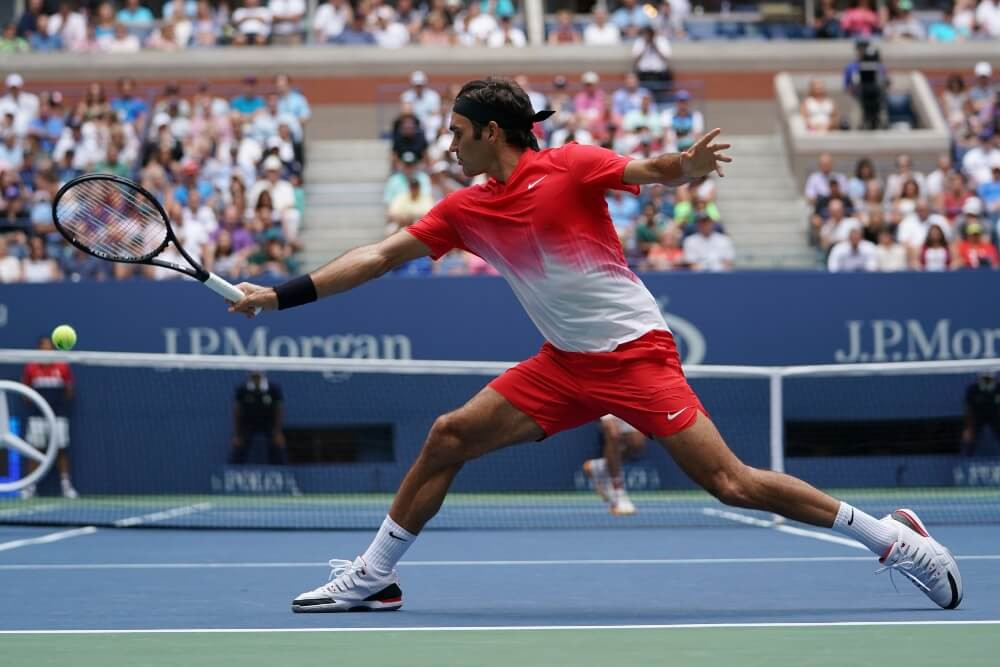Tennis
Welcome and thanks for visiting...

How to Grow A Tennis Star - The Parent

This is the third of three blogs discussing the all-important sports triangle—athlete-parent-coach—taken from the guide I Want to Play Wimbledon, produced to assist in the development of young tennis athletes. It will focus on the role of the parent.
Parents must support and love their kids unconditionally. They also have to help their son or daughter to become more process-oriented and not be too emotional if good or bad results come. It’s all about instilling blue-collar work ethics trying to get better each training or tournament and learning, evaluating, and implementing into the training.

Parents have to be patient with their kids and trust the coach with tennis specifics. The entire team needs to evaluate and be transparent to effectively work towards the goal of the athlete becoming a collegiate or pro tennis player.
Parents have to find ways to create financial resources and understand how to research coaching qualities that fit their unique kid and team.
Parents, kids, and coaches have to work together in that triangle team to get the best out of everybody for continuous improvement. Keep moving and improving is the motto and parents have a hugely important role in that process. We have seen it all. They can make or break the team and of course the motivated kid.
Note that throughout the athlete and coaching points, the parents' point in the triangle is ubiquitously woven, and in a specific chapter, we write about the issue of tournament time parental guidance.
Here's an excerpt from I Want to Play Wimbledon co-authored by myself and Stephan Medam, addressing the second point of the thirds point of the triangle:
Parents should be "ready to rock" when it's time to get down to business. And that's only the case with the transition to women's or men's tennis. It's okay to increase competition matches slightly in preparation for the U18 age group. You are also welcome to orientate yourself towards your kids when it comes to tournament stakes. Your child has to scrape their hooves; they have to be really up for it.
TOURNAMENT / PARENTS
“Parents can collect a lot of bonus points with your children on this little point. It's all about dealing with tournament management, head umpires, and, of course, other tennis parents, as well as the fact that you always meet twice in life. On the tennis circuit, the issue of meeting twice is even trickier. Here, the probability of running into each other again quite often is very high. It is a huge advantage for your children, particularly if you have a few friends.
Want some examples? You had a nice chat with the tournament director last year and thanked him again after the tournament for the great organization. This year, you need a later start time for the first round, because your child has longer school hours. There is a very good chance that the tournament director will remember your name, remember it positively, and will gladly consider your request.
In one of the last tournaments, there was some trouble during one of your child's matches because of a disputed line decision. The head umpire had to step up and ruled against you. Then you challenged him for his impossible decision and his incompetence in general. What is the probability that he will rule on behalf of your child in a new case?
A friendly relationship with other tennis parents can also be beneficial, whether it's a carpool to a tournament, a training community during school holidays, reports about other tournaments or upcoming opponents, or a valuable hint about a new, competent coach. Guys, please don't get me wrong: You shouldn't crawl into every butt at every tournament, but a little bit of "nice" can be quite beneficial, especially for your child.”









